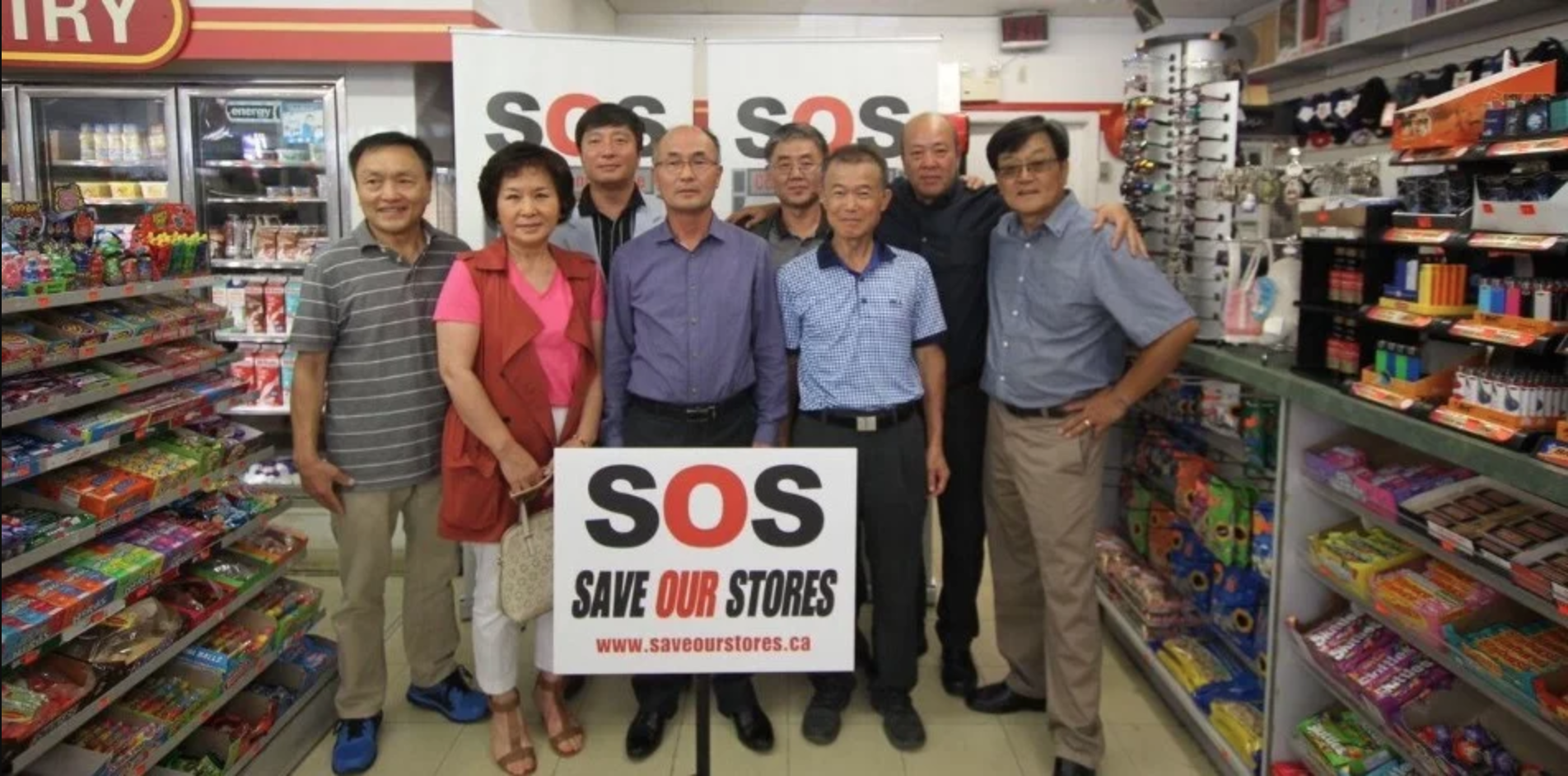
On February 3rd, a Globe and Mail story suggested that the Ontario government was about to introduce new regulations to ban most flavoured vaping products from convenience stores – while allowing specialty vape stores to continue selling hundreds of them. If true, this policy change is unfounded, unfair, and harmful to thousands of Ontario’s C-store owner-operators.
The health of our young people is at the heart of this issue, so it’s critical that any new policy is done right.
According to the Centers of Disease Control & Prevention in the US, the recent rash of vape-related deaths and hospitalizations have largely been attributed to vitamin E acetate added to open-pod systems. Convenience stores typically DO NOT carry these products, while every vape shop does. C-stores sell a small range of flavoured vaping products including tobacco and mint, and a limited range of flavoured closed-pod systems to encourage smokers to transition away from cigarettes. Vape shops on the other hand often sell hundreds of different flavours in conjunction with open-pod systems that users can modify to change concentration levels.
Of youth surveyed in Health Canada’s 2017 Canadian Tobacco, Alcohol and Drugs Survey, 49% who admitted trying a vape reported they borrowed, shared or bought it from a friend. 23% admitted purchasing their vapes from a vape shop, but only 12% claimed they purchased their vape from a convenience store.
Banning flavours from C-stores will not curb youth usage; if flavoured vapes remain available in vape shops and online, youth who want them will figure out a way to get them – convenience stores are not the problem!
C-store operator’s livelihood depends on their ability to responsibly sell various age-restricted products. In Ontario this includes tobacco, lottery and in some locations (where stores operate LCBO Convenience Outlets), beverage alcohol. Convenience stores have proven to be responsible and trusted government-partners over the last several decades. Recent government statistics show C-store compliance rate in checking ID is over 96%! Meanwhile current stats on the diligence of vape shops is not widely available. A recent Health Canada letter to vaping retailers stated that more than 80% of vape stores inspected were in violation of the Tobacco & Vaping Products Act. Convenience store associations are working hard to ensure none of their members sell age-restricted products to minors, and that ID is always requested, regardless of how old the customer looks.
If Health Canada’s most recent Tobacco / Alcohol & Drugs survey confirms that twice as many minors admitted purchasing their vapes from vape stores over convenience stores, why is the government not banning these products across all retail channels?
With a strong track record of not selling to kids – C-stores have earned the right to fair treatment!
The Ontario Korean Businessmen’s Association (OKBA) supports any initiative to protect public health, particularly youth, but strongly opposes measures that single out convenience store owners as irresponsible and untrustworthy. The proposed policy to ban flavoured vape sales from C-stores implies a complete lack of trust in thousands of hardworking entrepreneurs, who are otherwise considered capable of responsibly selling tobacco, lottery and beverage alcohol (through LCBO Convenience Outlets), not to mention the direct government-removal of a current revenue stream from these legal retail products.
The Ontario Government needs to consider the facts before introducing potential regulations that could harm convenience stores – both financially and reputationally.
The OKBA and its members were very pleased with the Ford government’s attitude towards making Ontario “Open for Business” and look forward to regulations around vaping retail that are fair for all stakeholders.
Mr. Kenny Shim
Spokesperson and Chief Operating Director
Ontario Korean Businessmen’s Association
